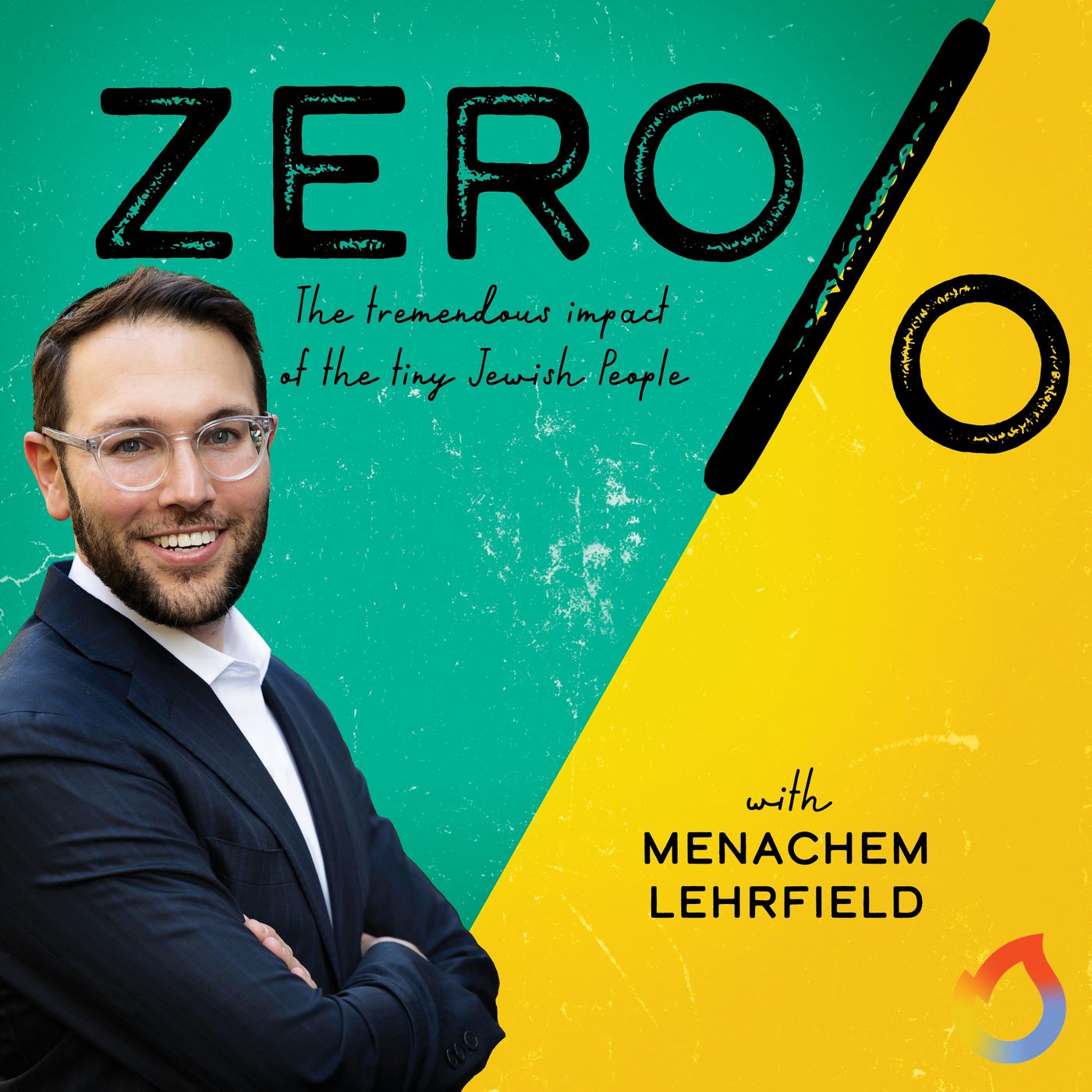16- More Bar or More Mitzvah?
Description
In this episode we continue our discussion on Jewish lifecycles and talk about the transition into adulthood.
Episode transcript-
Hey, everyone. I'm so glad that you're here. This is [inaudible 00:00:11], and this is 0%. I'm so grateful that you are taking some time to learn with us today. We've been talking about the growth mindsets in Judaism, and more specifically where we see them throughout the Jewish life cycle. Last week, we left off talking about the transition between childhood and adulthood, and that transition is marked in a life cycle event in Judaism known as the bar or bat mitzvah, which literally translates as the son or daughter of the mitzvah. And this is the lifecycle event that is marked in a young boy or girl's life as they transition from a child to an adult.
And I love the terminology we use to describe this life cycle event, the bar or bat mitzvah, the idea that a person can be the son or daughter of Mitzvot. Mitzvot are often translated as good deeds. And I think that is a inadequate description at best, perhaps a bad description, but I don't want to go that far. And I don't want to talk today about what a mitzvah actually is. In short, it's a way that we connect to either God ourselves or people around us. It's a means of connection, a means of building relationships. But in any event, when we talk about someone being the son or daughter of something, what we mean is that it is an integral part of who they are. Every human being on earth has a mother and a father. And even if they've never even met their biological parents, their parents, the people who gave them life are an integral part of who they are in a way that a person could never completely cut off or divorce themselves from that relationship.
A person will always be the son of the person who fathered them and the daughter of the person who gave birth to them, no matter what. That is something that is inseparable. It's something that you cannot separate from the identity of that person. Oftentimes we'd like to, but we can't. Look at that term in relation or in contrast to a different term we have in Judaism. When a person makes a mistake, they are known as a [inaudible 00:02:35], which means the owner of a mistake. What that means is I am not defined by the mistakes that I've made. I am not defined by those of [inaudible 00:02:46]. Quite the contrary, I am a [inaudible 00:02:50]. I'm the owner of that mistake. And the same way an airline can lose your luggage as they do often, our mistakes are like baggage.
They are things and items that I own, and therefore I can cut those things off. I can disconnect those things from who I am. I am not defined by the mistakes of my past. I might be a [inaudible 00:03:13]. I might own that mistake, but I'm just an owner of it. In the same way I can own something and I can get rid of it, I can choose to get rid of my mistakes. I can choose to let go of them and move past them beyond them. We'll bring this up again when we talk about the different holidays in Judaism, when we talk about Yom Kippur, but I like to contrast that term [inaudible 00:03:35] with the idea of a bar or bat mitzvah. When we say that a child becomes a bar or bat mitzvah, what we're saying is in the words of CS Lewis, "You don't have a soul. You are a soul. You might have a body."
What we say to this young bar mitzvah or bat mitzvah boy or girl is you are essentially good. Deep down inside, you have a soul that is a piece of the infinite. And because of that, you are essentially good. You have this deep connection to what is right and what is good in this world. And you have the ability to make good choices with that soul. You are a bar mitzvah. You are a bat mitzvah. It is an integral part of who you are. You are defined by the mitzvot that you strive to achieve. Not by the mistakes you might have made. And you know what? In life, there's going to be lots of mistakes. That's what it means to...
More Episodes
Published 04/21/24
Published 04/19/24
Published 04/19/24


